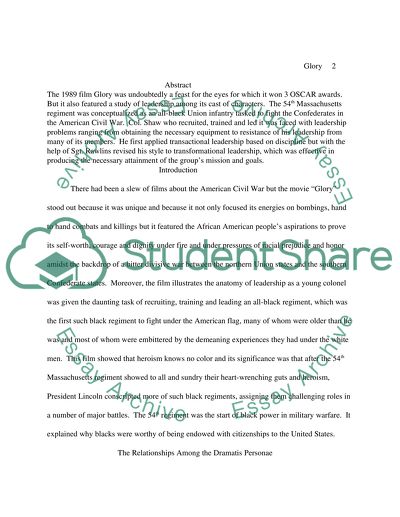Cite this document
(“Film Glory Movie Review Example | Topics and Well Written Essays - 1500 words”, n.d.)
Retrieved from https://studentshare.org/miscellaneous/1504051-film-glory
Retrieved from https://studentshare.org/miscellaneous/1504051-film-glory
(Film Glory Movie Review Example | Topics and Well Written Essays - 1500 Words)
https://studentshare.org/miscellaneous/1504051-film-glory.
https://studentshare.org/miscellaneous/1504051-film-glory.
“Film Glory Movie Review Example | Topics and Well Written Essays - 1500 Words”, n.d. https://studentshare.org/miscellaneous/1504051-film-glory.


